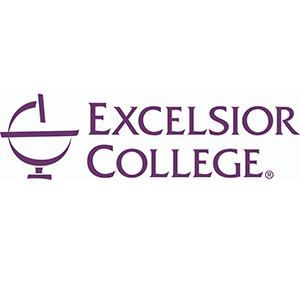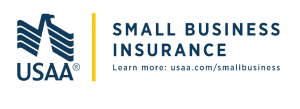
The desire to become a small business owner or entrepreneur is the goal of many.
Exploring a particular passion that would likely lend to “happiness at work” increased from
Baby Boomers to Generation Z. Family funds, crowdfunding, and in some cases with more
established businesses, small business loans were the impetus enabling these businesses to
grow and thrive at the inception of the opening doors. However, these start-up funds were
often not enough to have sufficient financial reserves for emergencies and surely, not for an
extended pandemic.
The pandemic was an emergency for the past two years, and the residual effects
continue. For brick-and-mortar businesses, foot traffic was and is still reduced, making it
difficult to earn revenue.; not to mention the lag in the supply chain and the increase in the cost
of goods sold. For online businesses, gaining traffic to their websites by increasing the
marketing budget, still left such businesses playing in a hypercompetitive marketplace. With
doors being closed more each week, there is limited opportunity for survival. So, what is left for
the small business owner to do in such challenging times?
In a recent study by Deloitte (2020), it was noted that for small businesses to survive,
they must adopt a mindset of Respond (dealing with and managing the current situation);
Recover (emerging from the current situation) and thrive (surviving in the “new normal”).
Although this sounds good on paper, it takes a lot for small business owners to combat the
situation when they have limited resources – human and financial. Think of the many small
business owners that are sole proprietors and often, the main household income. The question
arises – Do they have the education to maneuver the lag in the supply chain with growing
costs?
This leads us to another form of survival, which many have chosen to pursue –
education. Until now, many small business owners were able to sustain operations; but as we
have faced the unknown know for over two years, they have had to become more educated on
how to run their businesses, to manage high operating expenses, and often working with
limited employees. Education here is the key to success. Those who survived and will continue
to survive delve in learning – management, leadership, and managing for change. It is
inevitable that if they were able to survive without the educational tools, it is now the time to
build upon their skillset by adding to their knowledge, which will lead to a pathway to long-term
survival.
This is not to imply that all small business owners lack formal education. However, the
education that they had prior to the pandemic needs a revival for the current situation that
may, in fact, continue for a few years. The Small Business Administration (SBA) offers a lot of
support for small business owners – from mentorship to financial support, when both are
available. However, often, these resources are limited and will not suffice the long-term.
Colleges and universities have been supportive in offering certificate programs – short-term
courses and degree programs that allow for small business owners to have a refresh and to
learn new ideas about how to continue operations. In some cases, these types of programs and
courses lead to great success. Keep in mind, though, that with high operating expenses and the
inability to downsize operations, inevitably, some small businesses will not survive without
additional education leading to new strategies.
At Excelsior College, we offer two main business degree programs, and we welcome
both traditional and non-traditional student:
The BPS – Bachelor of Professional Studies in Business Management and
The BSB – Bachelor of Science in Business Management
Both programs offer a robust curriculum where students will learn about Entrepreneurship,
Entrepreneurial Marketing, Management and Marketing Applications, Leadership, International
Business, and Business Communication, to name a few. Our courses are current and relevant,
supporting your small business or entrepreneurial venture, and they offer the tools to build
upon your skills to succeed in the current environment – now and beyond. While education is
not a single solution, the learning that you take away from each course will support your goals
and to strengthen your strategic planning and decision-making efforts.
Our faculty come from diverse backgrounds, many of them are or have been small business
owners and entrepreneurs both in the for-profit and non-profit sectors. Our faculty are true
mentors, so as you are taking courses, you will have the opportunity to seek advice from the
faculty and learn about the applicability to your business. We also understand the needs of the
non-traditional student – balancing a full life of family and work.
Deloitte Small Business Roadmap for Recovery and Beyond Workbook. Deloitte Private. (2020).
Retrieved May 10, 2022, from
https://www2.deloitte.com/content/dam/Deloitte/au/Documents/covid-19/au-deloitte-
small-business-roadmap-for-recovery-and-beyond-workbook.pdf
